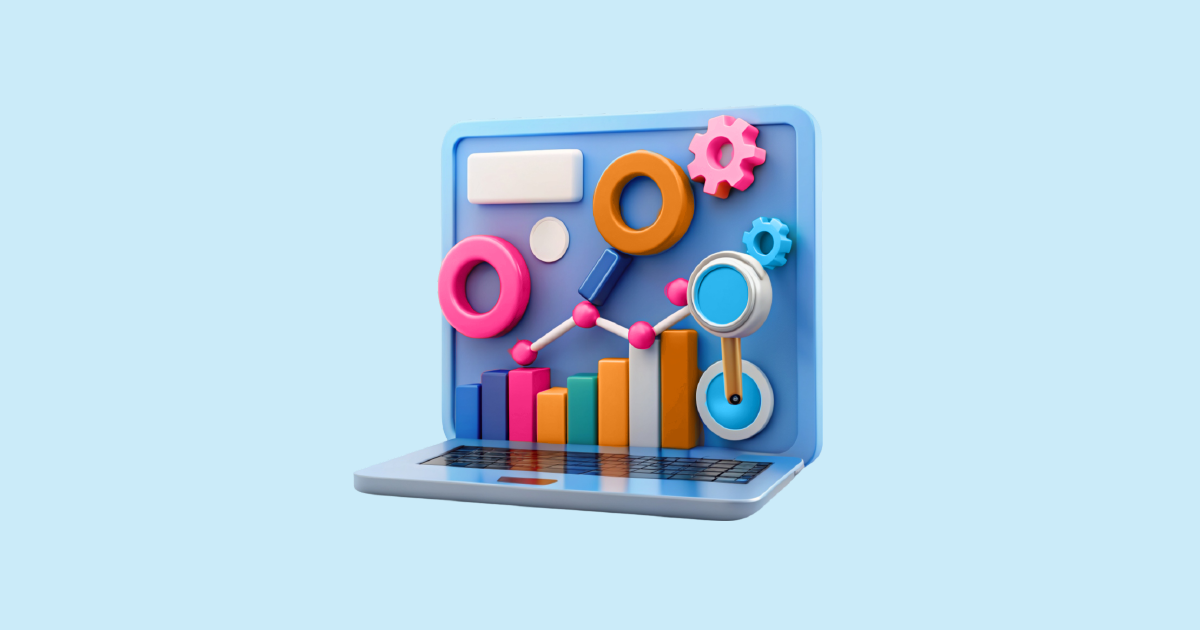In the fast-paced digital era, social media has become an integral part of our daily lives. From connecting with friends to exploring new products, social platforms play a pivotal role. Amidst this digital revolution, the importance of data analytics on social media cannot be overstated. Data analytics provides valuable insights, allowing businesses to make informed decisions and optimize their strategies.
Role of Data Analytics on Social Media

Data analytics serves as the backbone of social media strategy. By understanding user behavior, businesses can tailor their content to enhance the overall user experience. This, in turn, fosters engagement and builds a loyal online community.
Types of Data Analysis in Social Media
There are three main types of data analytics applied to social media: descriptive, predictive, and prescriptive analytics. Descriptive analytics helps in understanding past trends, predictive analytics forecasts future outcomes, and prescriptive analytics suggests actions to optimize results.
Benefits of Data Analysis on Social Media
The advantages of employing data analytics in social media are multifaceted. It enables businesses to refine marketing strategies, target specific demographics, and measure the impact of campaigns. Enhanced customer engagement is a direct result of data-driven decision-making.
Social Media Data Analytics Tools
Several tools facilitate social data analytics. Google Analytics provides in-depth website and user behavior analysis. Facebook Insights offers detailed metrics for business pages, and Twitter Analytics tracks tweet performance.
Real-Life Examples
Companies like Netflix and Amazon have harnessed the power of social data analytics to personalize recommendations and improve user experience. These success stories highlight the tangible benefits of integrating analytics into business strategies.
Challenges
Despite its benefits, social data analytics faces challenges. Privacy concerns and data security are paramount. Striking a balance between collecting valuable insights and respecting user privacy is crucial for ethical data analytics.
Future Trends
The future of social data analytics holds exciting possibilities. Integration with artificial intelligence is on the horizon, allowing for more sophisticated predictive modeling and personalized user experiences.
How to Implement Data Analytics in Social Media Strategy
Implementing data analytics requires clear objectives and a careful selection of metrics. Businesses must align analytics efforts with their overall social media strategy to derive meaningful insights.
Measuring ROI in Social Media Analytics
Determining the return on investment (ROI) in social media analytics involves assessing the effectiveness of campaigns. Metrics such as engagement rates, conversion rates, and customer acquisition costs play a crucial role in measuring success.
Addressing Ethical Concerns
As data analytics becomes more prevalent, addressing ethical concerns is imperative. Transparency in data usage, ethical data collection practices, and user consent are essential for maintaining trust in the digital landscape.
The Future Landscape of Social Data Analytics
Continuous advancements and innovations in technology will shape the future of social data analytics. Businesses that stay ahead of the curve and embrace new technologies will have a competitive advantage in the dynamic digital landscape.
Conclusion
In conclusion, data analytics on social media is a game-changer for businesses seeking strategic success. From understanding user behavior to refining marketing strategies, the insights derived from analytics empower businesses to stay relevant and competitive. As we navigate the evolving landscape of social media, integrating data analytics into our strategies will be paramount for sustained growth and success.
Unlock the Power of Data! Request a Demo from AIM Technologies Today!
FAQs
How can small businesses benefit from social data analytics?
- Small businesses can leverage data analytics to understand their target audience, refine marketing strategies, and optimize social media campaigns for maximum impact.
Is data security a major concern in social data analytics?
- Yes, ensuring data security and addressing privacy concerns are crucial aspects of ethical social data analytics.
Which social media platforms offer robust analytics tools?
- Platforms like Facebook, Twitter, and Instagram provide comprehensive analytics tools for businesses to track and measure their performance.
What role does artificial intelligence play in the future of social data analytics?
- Artificial intelligence is expected to play a significant role in enhancing predictive modeling and personalizing user experiences in the future of social data analytics.
How can businesses measure the success of their social analytics efforts?
- Success can be measured through key metrics like engagement rates, conversion rates, and customer acquisition costs, providing insights into the effectiveness of social media analytics strategies.




